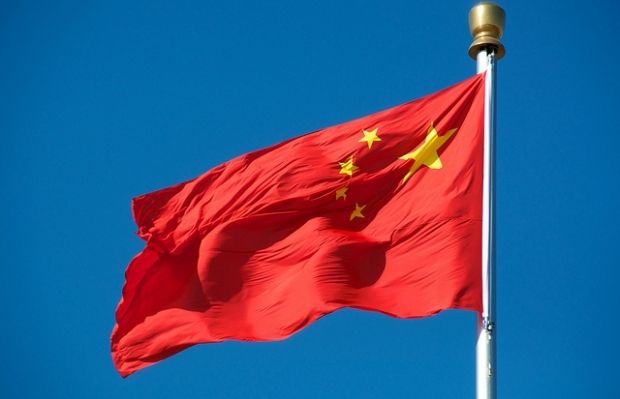
The National People's Congress said its standing committee adopted the law with a unanimous vote. The law goes into effect January 1, The New York Times wrote.
Rights advocates and foreign governments, including Washington, have expressed concerns about the law's likely impact on tech businesses and freedom of speech.
They say it is troublesome that telecommunications companies and Internet service providers are required to share encryption keys and back-door access with the police and state security agents seeking to prevent terrorist activities or investigating terror acts.
Chinese officials said Sunday that the requirements for the tech firms are necessary because terrorists are increasingly turning to cyberspace.
They said lawmakers balanced the needs to fight terrorism and to protect business interests and public rights.
"Relevant regulations in the anti-terrorism law will not affect the normal business operation of companies, and we do not use the law to set up 'back doors' to violate the intellectual property rights of companies," said Li Shouwei of the National People's Congress Standing Committee's legislative affairs commission.
"The law will not damage people's freedom of speech or religion," Li said.
Beijing has asserted that China is a victim of global terrorism following violent ethnic clashes involving members of the Muslim minority Uighur community in the far northwest region of Xinjiang. Foreign experts, however, have argued that there is no proof of foreign ties and that the violence in Xinjiang might be homegrown.
China has criticized the West for adopting double standards. Beijing recently refused to renew the press credentials of a French journalist, effectively expelling her, for questioning Beijing's equating of ethnic conflicts with global terrorism.
Li said at a news conference that China's anti-terrorism law targets no specific region, ethnicity or religion.

